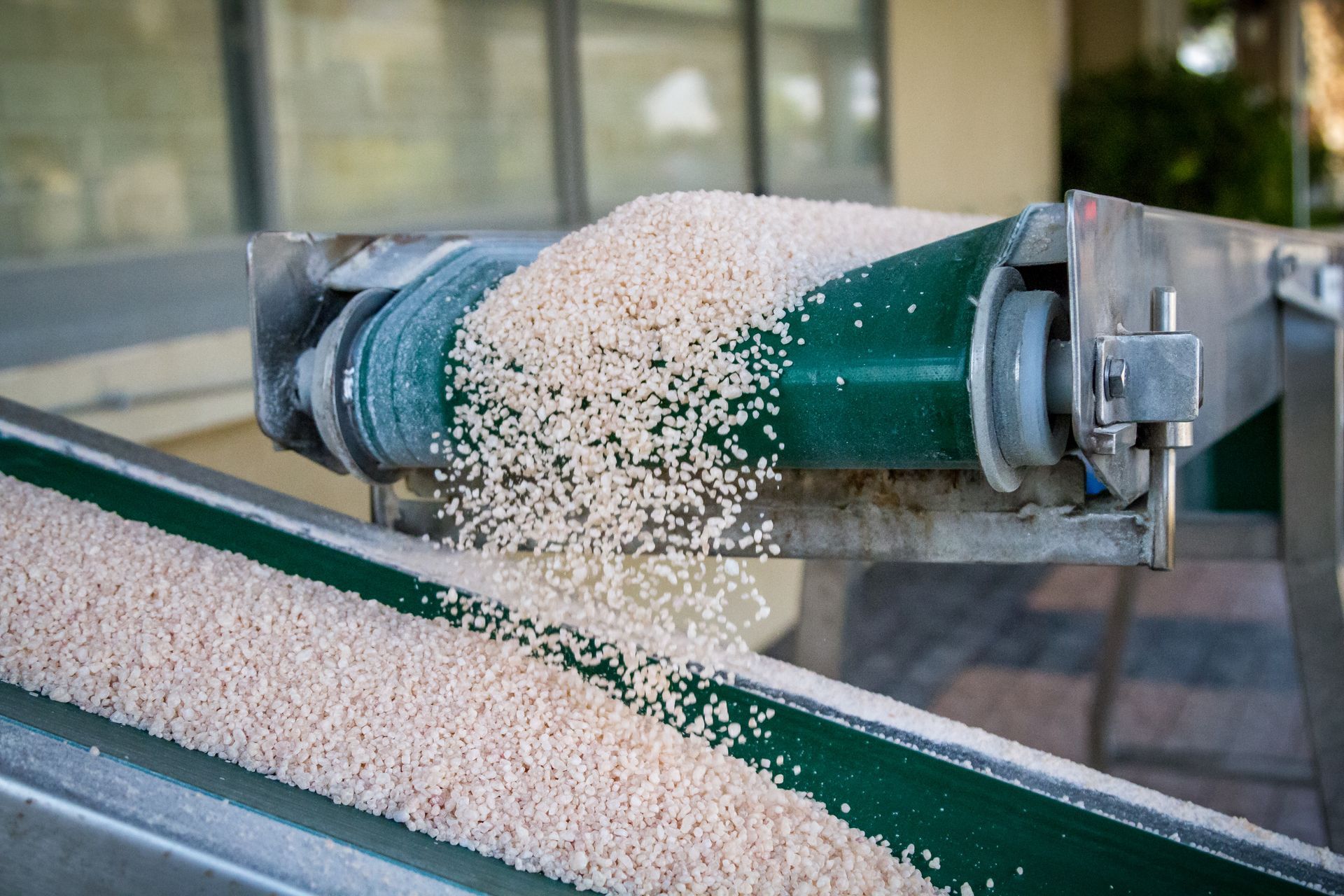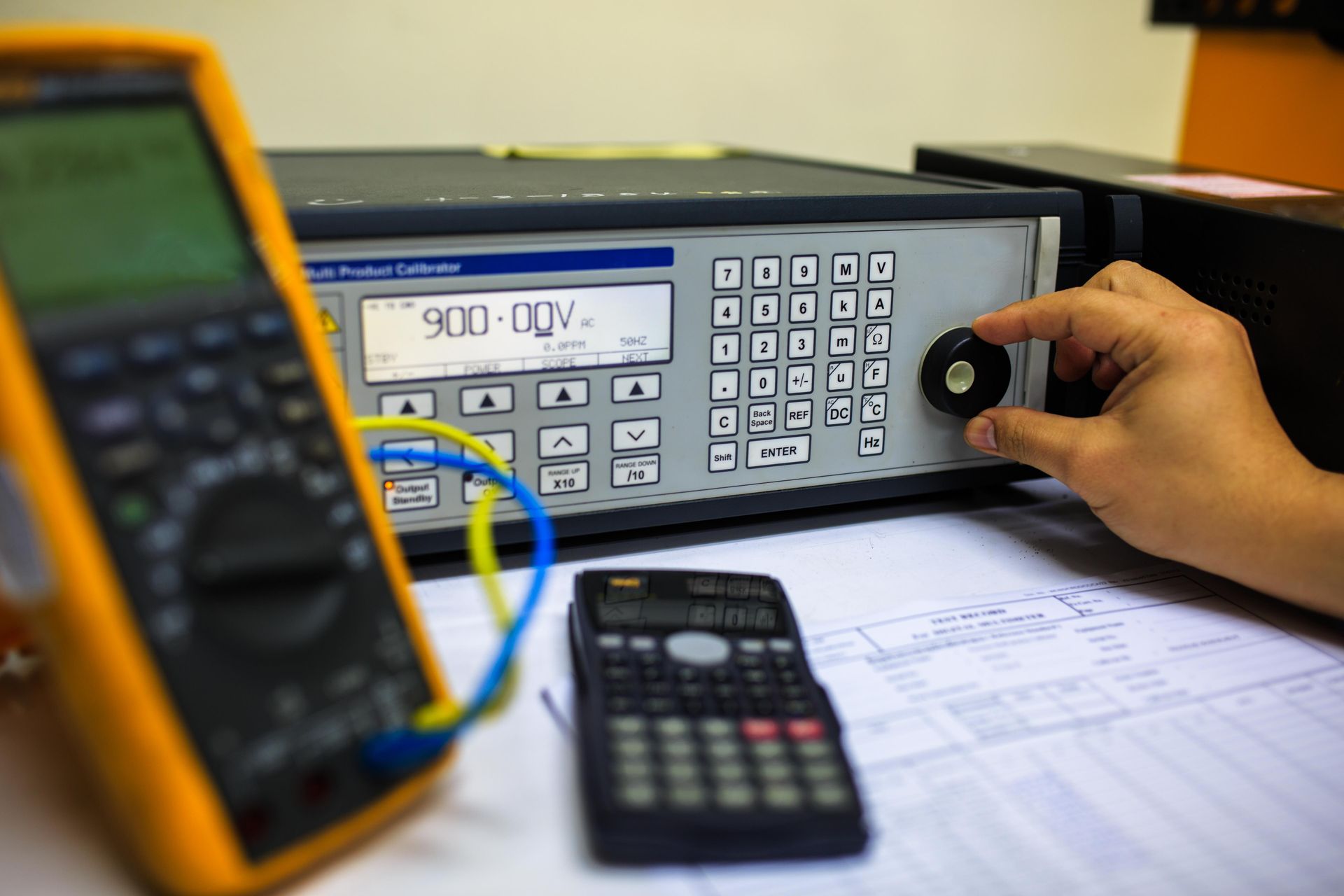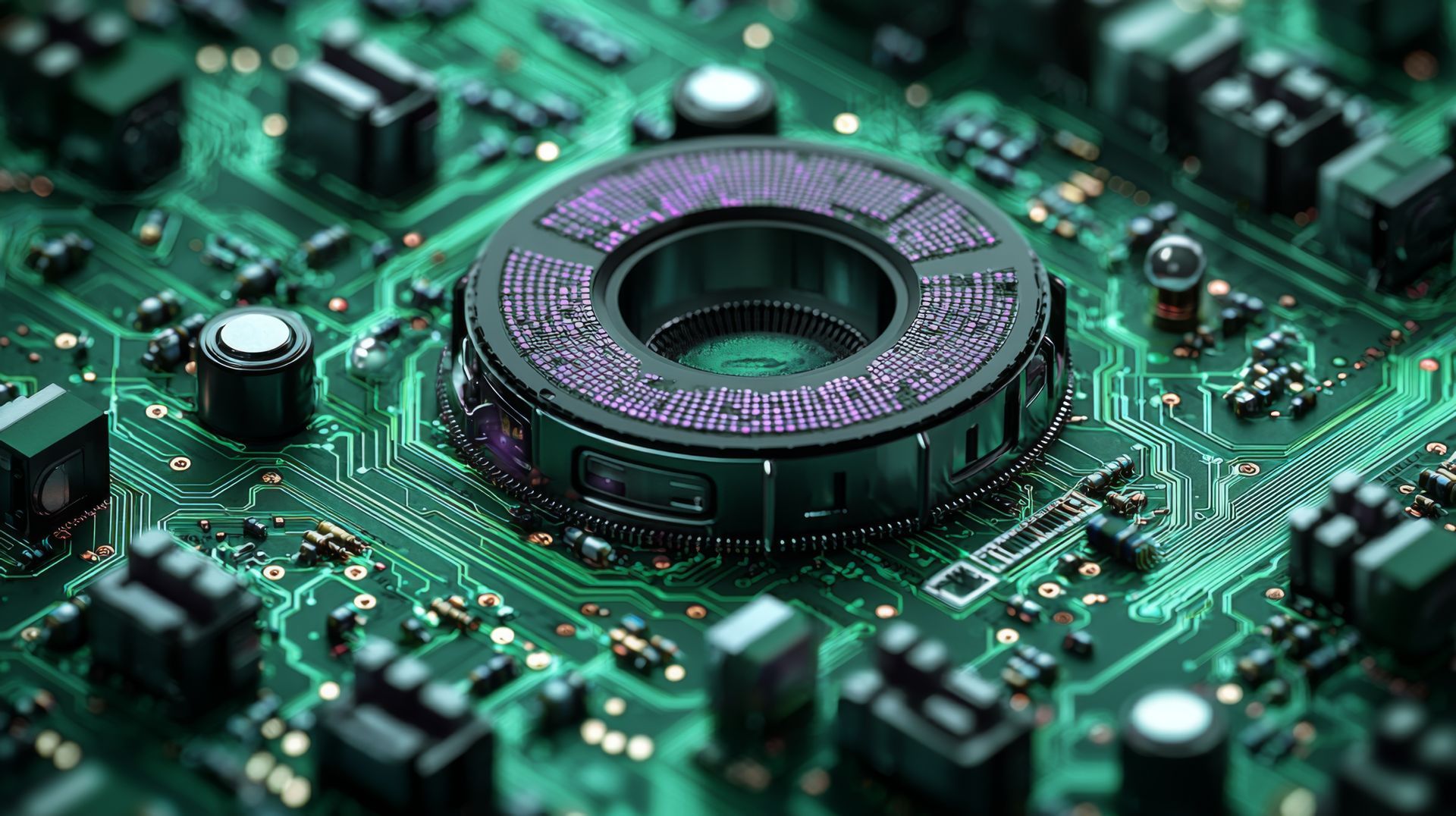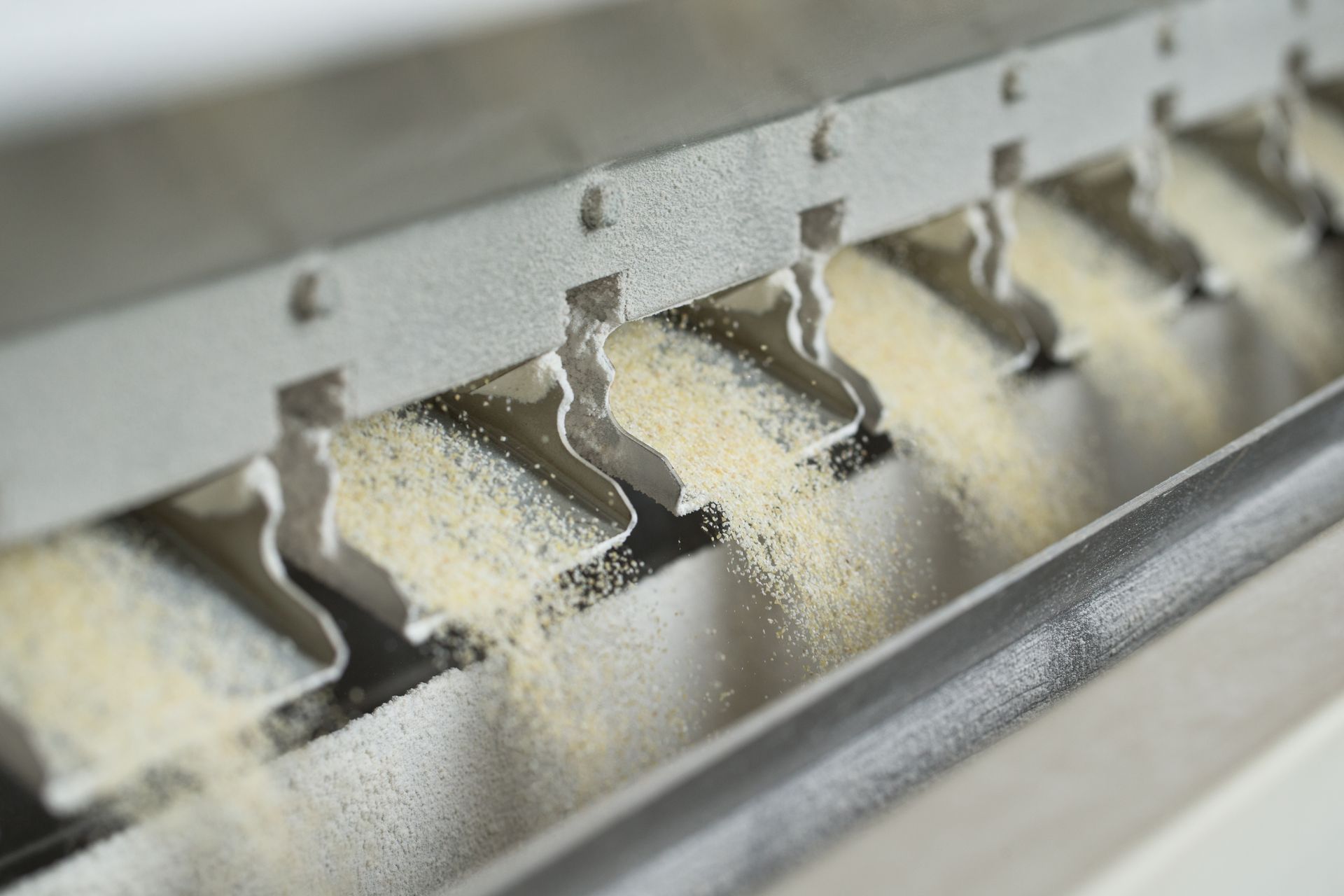Why It's Important To Measure Magnetic Fields In Food Industry
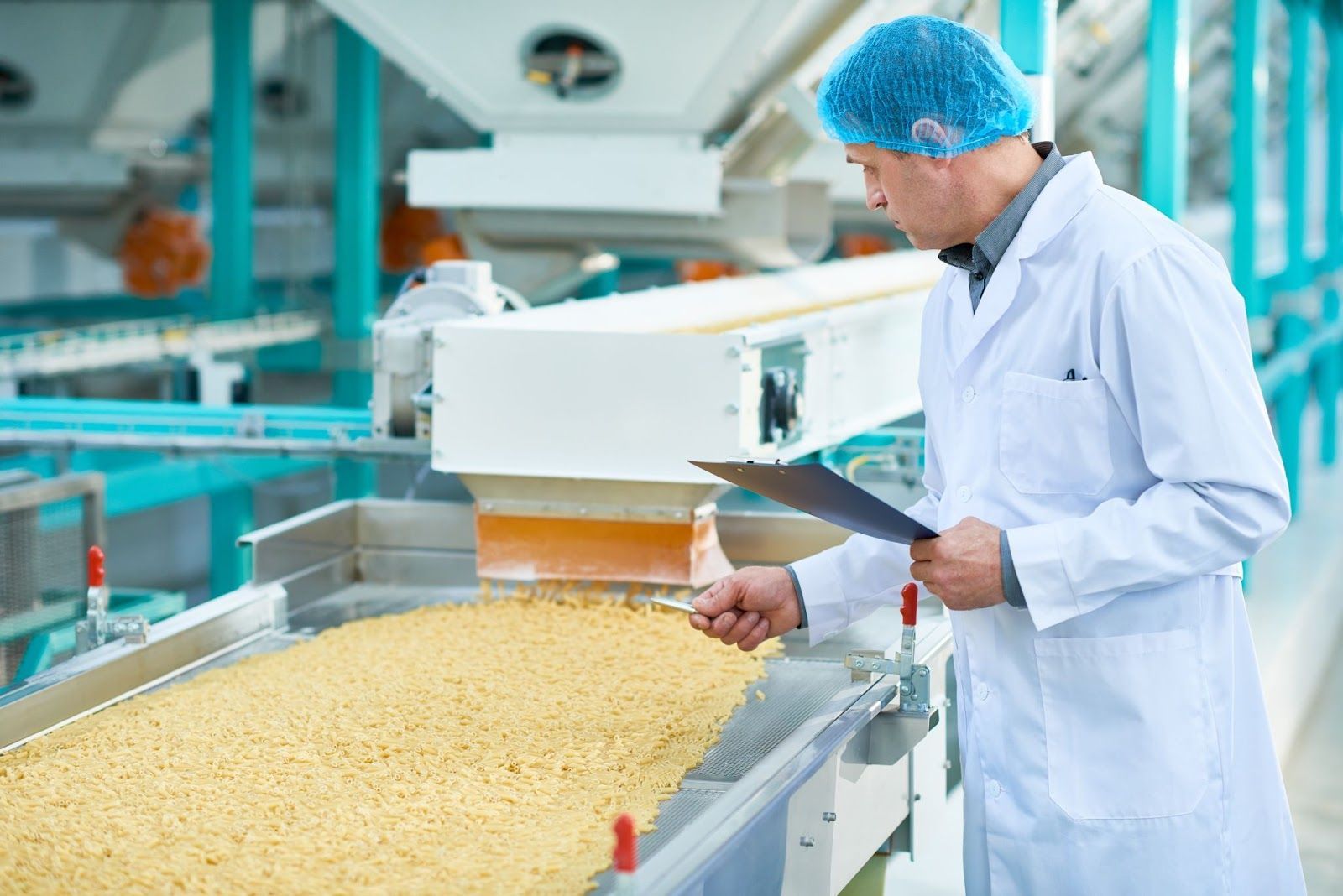
Magnetic fields play a crucial role in the food industry, particularly in ensuring the safety of workers and consumers. Magnets are used in various food processing, packaging, and storage applications. They are beneficial in removing metallic contaminants from food products that could be harmful if ingested.
Effective magnetic field testing and measurement are essential in ensuring that the magnetic fields used in the food industry are of the correct strength. This is because magnetic fields that are too weak may not effectively remove contaminants, while those that are too strong can be hazardous to workers.
In this blog post, we’ll explore the importance of magnet testing and measuring for the food sector. However, before we delve into all that, let’s take a closer look at the common uses of magnets in this industry.
How does the food industry use magnets?
Magnets are widespread in the food and beverage industry, especially during packaging. Magnets play a crucial role in moving metal containers from one discharge chute to another, reducing the need for manual handling and minimising the risk of worker injury and contamination, leading to increased efficiency in the production process.
Magnets also serve another vital function in ensuring food safety. By attracting metal debris, such as screws or staples that may be present in areas where food and beverage products pass through, magnets prevent foreign metal objects from entering the product during processing or packaging. Magnets are often placed in food packaging to create a strong seal that keeps the product fresh and free from iron-filling contaminants.
All in all, using magnets is essential for preventing foreign metal objects and contaminants from entering the product, ensuring consumer safety, and maintaining high-quality standards in the food industry.
Importance of measuring magnetic fields in the food industry
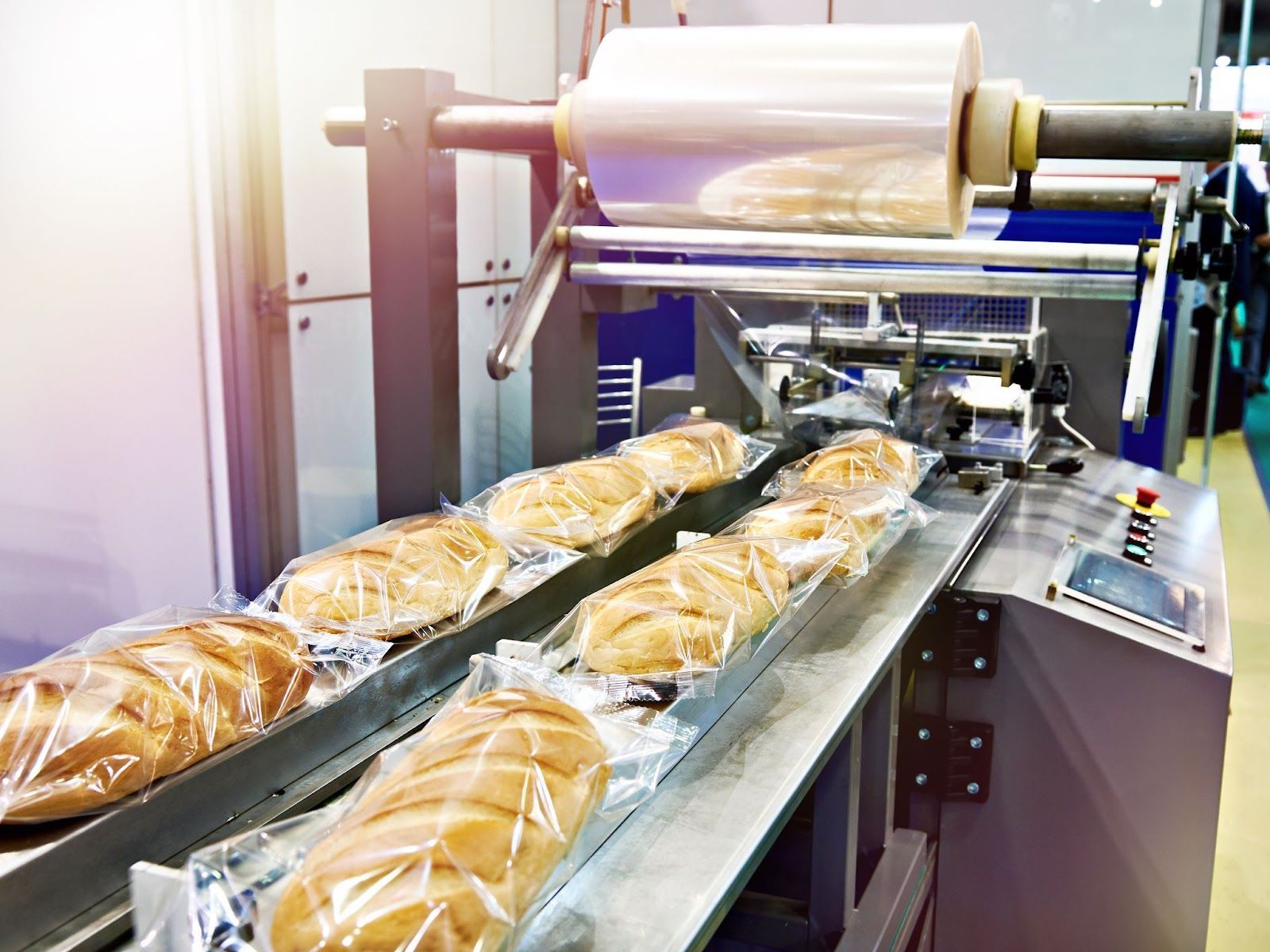
Magnetic field testing and measurement are crucial for the food industry because of how magnetic fields are used in food processing equipment. Here are some reasons why magnetic field testing and measuring are critical in the food industry:
Ensuring product safety
Magnetic fields play a significant role in the safety of food products. Metal contaminants can cause injury to consumers, leading to food recalls and damaging the reputation of food processing facilities. Additionally, it can cost them substantial money in lost opportunities.
Preventing equipment failure
Magnetic fields weaken over time due to improper handling and cause equipment failure, resulting in costly repairs and downtime. This could also affect the quality and safety of food as well.
Protecting workers
As stated above, magnetic fields that are too strong with improper magnet design can pose a safety hazard to workers. Regular testing and calibration of magnetic fields are necessary to ensure they operate within safe and effective ranges for better and safer food processing.
Meeting regulatory requirements
The food industry is subject to strict regulatory requirements. Regulatory bodies often require magnetic field testing and measurement to ensure that food processing facilities meet food safety standards.
How to measure magnetic fields in the food industry?
In the food industry, workers use a measuring tool known as a gaussmeter or teslameter to measure the strength and direction of magnetic fields. It’s a measuring tool for magnetic fields, like a ruler for measuring length. Below are some general steps on how it’s used to measure magnetic fields:
Identify the equipment
Determine which food processing equipment uses magnetic fields, such as magnet separators, conveyor belts, or magnetic canning equipment.
Prepare the gaussmeter
Ensure that the gaussmeter is properly calibrated before use. Calibration ensures the accuracy of the measurement.
Measure the magnetic field
Place the gaussmeter probe near the equipment and measure the strength of the magnetic field. Repeat the measurement at different locations to ensure accuracy.
Evaluate the measurement
Compare the measurement to food safety standards and equipment specifications to ensure it's within the acceptable range. The equipment must be repaired or replaced if the measurement does not meet food safety standards.
Record the measurement
Document the measurement and the actions taken to correct the malfunctioned equipment (if any).
The importance of gaussmeter calibration for accurate measurements
If you take another look at the second step of using a gaussmeter, you’ll notice the instruction to calibrate the instrument before using it. Calibration ensures precise readings and measurements of the magnetic field’s strength, a non-negotiable for the food industry, where strict regulations are in place to ensure the standard and safety of the people who prepare and consume the food.
Please also remember that, similar to other instruments, the accuracy of gaussmeters tends to wane over time, so regular calibration is required. Regular calibration can detect deviations from the standard magnetic field strength early, and you can take corrective actions to prevent possible health hazards and ensure food safety.
How to get magnet measuring services in Malaysia?
If you're active in Malaysia's food industry, it's crucial to ensure that your magnets are working appropriately, that their magnetic fields are within safe levels, and that your equipment is functioning properly. This is why regularly taking magnetic field measurements and testing is necessary. At Sematic Magnet, we offer a comprehensive service, from magnet testing to gauss meter calibration services. Doing so will guarantee your business runs safely and smoothly.
